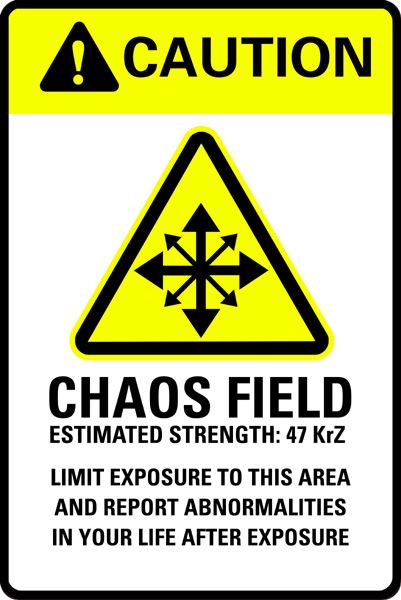I spent most of my middle daughter's kindergarten year embroiled in conflict. We were having placement issues - they wanted her out of the class while I wanted her in. I was also trying to get my son placed in an approved private school. My husband was in a car totaling accident and while he walked away from the crash with no injuries his income which was dependent on his car was impacted. I was not working at the time so we were basically relying on the kindness of my parents and social security. I was sick, it seemed as if I were coming down with a new illness every week, and of course I had no insurance to pay for anything serious. My life was a mess. On top of that my children were out of control.
You might ask, what's this has to do with secret addictions and autism? Everything! The situation I outlined above was almost two years ago and nothing is the same. My daughter is still in her appropriate placement, my son is in the private school, my husband and I no longer live together but we are still married and trying to reconcile, I work, I am not sick, I have insurance and my kids are still out of control!
What changed? I did. Autism gets a bad rap for being responsible for so much, from breaking up marriages to bankruptcy and while I do definitely see the impact of having three children on the spectrum makes, the rumors of its magnitude have been greatly exaggerated.
This brings me to the secret addiction and the turning point for me. The school district and I took a year to finally agree on what was going to happen to my daughter. Luckily they agreed with me. After the last IEP regarding my daughters placement had ended, I found myself sitting at home with a strange longing, dare I say a mourning for the year long struggle of events I had just exited from. Weird? I actually started taking stock of the List, (you know, the list of things you have to schedule, manage or search for your children) and found that it was filled with mundane things like doctor's appointments and recreation activities. I was a little sad to see that "ream out my son's teacher" was not on it. What was I going to do since I no longer needed to wait earnestly for the next episode of Nicole Against the World? I became melancholy, depressed even. It took about a week for me to see that I was addicted to DRAMA, CHAOS, and most of all CRISIS. Nothing felt quite as good as that fight or flight experience, that adrenaline rush from spending nights going through data, old IEP's and letters and emails from my kids teacher trying to find a mistake. I realized that not only was this not a new phenomena for me, it had actually started when my son was first diagnosed. That's when I started to feed off the drama that was happening to my life. With out it, I felt empty and worthless.
Are YOU on a crisis cycle? You may say that, "these things just happen, its not my fault my kids are autistic and they need advocacy and care." And you would be right, it isn't your fault. Unfortunately I find the service delivery system a system of extremes. You are always put in the position of having to prove your disability(or your child's disability) while proving your right to exist in the community. In other words we as parents are continually backed into a corner. What's left to do, but fight or flight? Obviously we can't leave - at least most of us can't. We could fall down and play dead, but what good would that be to our children? So we fight. Timidly at first, but after a few kills we puff up with arrogance. We saunter into that meeting room and sit at the head of the table because it has our name on it of course. We banter with the best of them, throwing around "least restrictive environment" and FAPE as if we made up the terms. And it feels good. Really good. Finally they are paying attention to me, all eyes at the table are waiting for my input. You've fought the law and you won. Ahhh, but now your addicted. Its not easy to go from being star of the IEP meeting to regular old parent and some people don't. That's when it starts to be your fault. When you start investigating every little note and comment an when nothing is satisfactory to you. That's when you know that there is a problem and it's not "the man" its you and your addiction to adrenaline.
Listen this Sunday at 6pm to
You Aut to Know radio show, as I continue the discussion on autism, parenting and chaos crisis adrenaline addiction and give suggestions on how to go cold turkey.


















